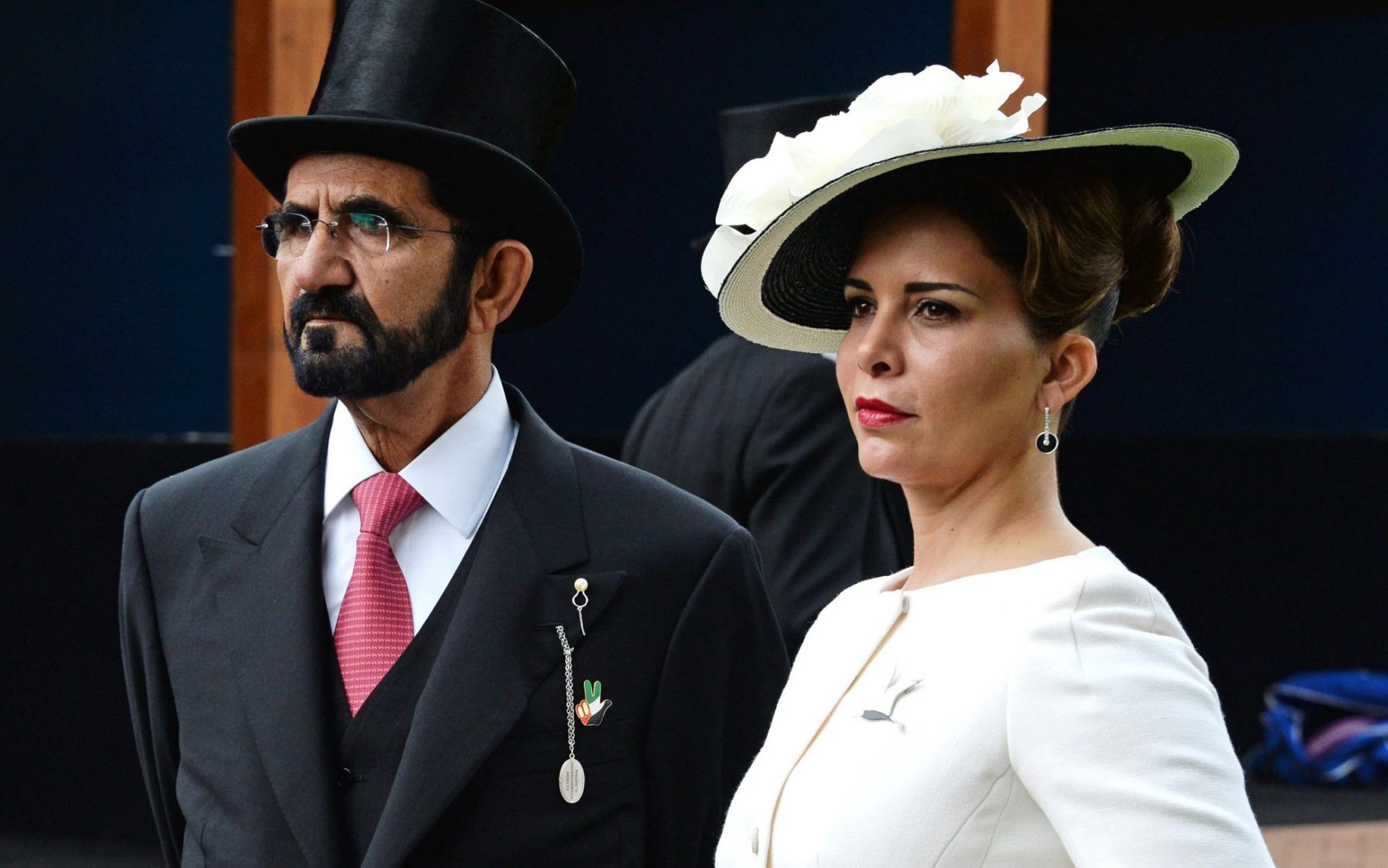Should favourite win 2,000 Guineas behind closed doors, the sport is spared dilemma of how to react towards owner after alleged abductions
Paul Hayward
June 4, 2020, The Telegraph
If the odds-on favourite Pinatubo wins this weekend’s 2,000 Guineas, coronavirus protocols will save racing from an awkward presentation.
Sheikh Mohammed bin Rashid al-Maktoum striding into the winners’ enclosure to collect the big prize is a familiar sight. But this time racing has reason to be relieved he will not be there.
A few miles from Newmarket, home of the Sheikh’s UK bloodstock empire, and where the 2,000 and 1,000 Guineas will be run, Cambridgeshire Constabulary say they are “continuing to review the investigation and the findings” of a case in the family division of the High Court that stunned the racing industry into silence.
Little has been heard since March of Sir Andrew McFarlane’s judgment that “may well involve findings, albeit on the civil standard, of behaviour which is contrary to the criminal law of England and Wales, international law, international maritime law, and internationally accepted human rights norms,” in relation to an extraordinary tale of alleged kidnapping, torture and threats in Sheikh Mohammed’s family.
The vice-president and prime minister of Dubai is a member of the British racing establishment, with thousands of horses and racing staff on his payroll. He is also at the heart of political and diplomatic relations between Britain and the United Arab Emirates. At Royal Ascot he is a regular in the Royal Procession alongside the Queen: another diplomatic minefield racing has dodged as a consequence of the pandemic.
Three months after Sir Andrew McFarlane’s fact-finding judgment at the Royal Courts of Justice, Pinatubo will go to post as the 5/6 favourite in the blue silks of Godolphin, the umbrella organisation for Sheikh Mohammed – who, like all racehorse owners, is not permitted to be at Newmarket under the terms of the sport’s resumption.
This spares racing the dilemma of how to react in a town unceasingly grateful to the Sheikh for his vast patronage but also perhaps uncomfortable, behind the omertà, about their own town’s appearance in a disturbing family history.
The High Court reached its conclusion on the “balance of probabilities,” in line with the civil standard of proof, but for Sheikh Mohammed, who rejected the findings and tried to prevent their publication, the judgment was damning. It concerned the forced return of his daughter Sheikha Latifa, and the unlawful abduction of her elder sister, Sheikha Shamsa, then 19, who ran away from the family estate in Surrey but was recaptured in Cambridge and forced to return to Dubai.
One of the Sheikh’s wives, Princess Haya, who had conducted an affair with a bodyguard, received threats, including a pistol placed on her pillow. The McFarlane judgment ran: “In the circumstances that I have described, I see no reason to doubt that some unknown individuals, loyal to the father, left notes, and on two occasions a gun, in the circumstances that she [Princess Haya] describes. I find that the cumulative effect of each of these episodes was to place the mother in a position of great fear leading her to conclude that she had no option but to leave Dubai with the children as she did.”
Some of the most dramatic evidence described how Sheikha Latifa attempted to flee the UAE in 2018 with the help of a former French spy and a Finnish fitness instructor. They were returned to Dubai when a boat carrying them was intercepted in the Indian Ocean. A pre-recorded video was released of Sheikha Latifa claiming she had been imprisoned for three years and subjected to physical abuse.
In a statement Sheikh Mohammed said: “As a head of government, I was not able to participate in the court’s fact-finding process. This has resulted in the release of a ‘fact-finding’ judgment which inevitably tells only one side of the story. I ask that the media respect the privacy of our children and do not intrude into their lives in the UK.”
Of Shamsa’s abduction in Cambridgeshire, Sir Andrew McFarlane said he could not find evidence that those responsible were armed but said: “In all other aspects, however, I consider that the evidence with respect to Shamsa’s capture and enforced removal to Dubai via France are readily proved on the balance of probability. Indeed, on this evidence, no other conclusion is tenable.”
There are many layers to this sprawling tale of international power and intrigue: among them, a request by Cambridgeshire Police to travel to Dubai to investigate, which was turned down by the UK authorities. Sir Andrew McFarlane said it was “not possible to find on the balance of probability” that the Foreign Office had stepped in to prevent a detective travelling to Dubai but the mystery of why Cambs police were refused permission remains.
And police confirmation on Thursday that the alleged abduction case is still open means that Sheikh Mohammed will still have a shadow from the High Court judgment hanging over him, even as William Buick on Pinatubo breaks from the stalls in Godolphin’s royal blue silks. If they win, the diplomatic silence is likely to match the quietness of the empty racecourse stands.
